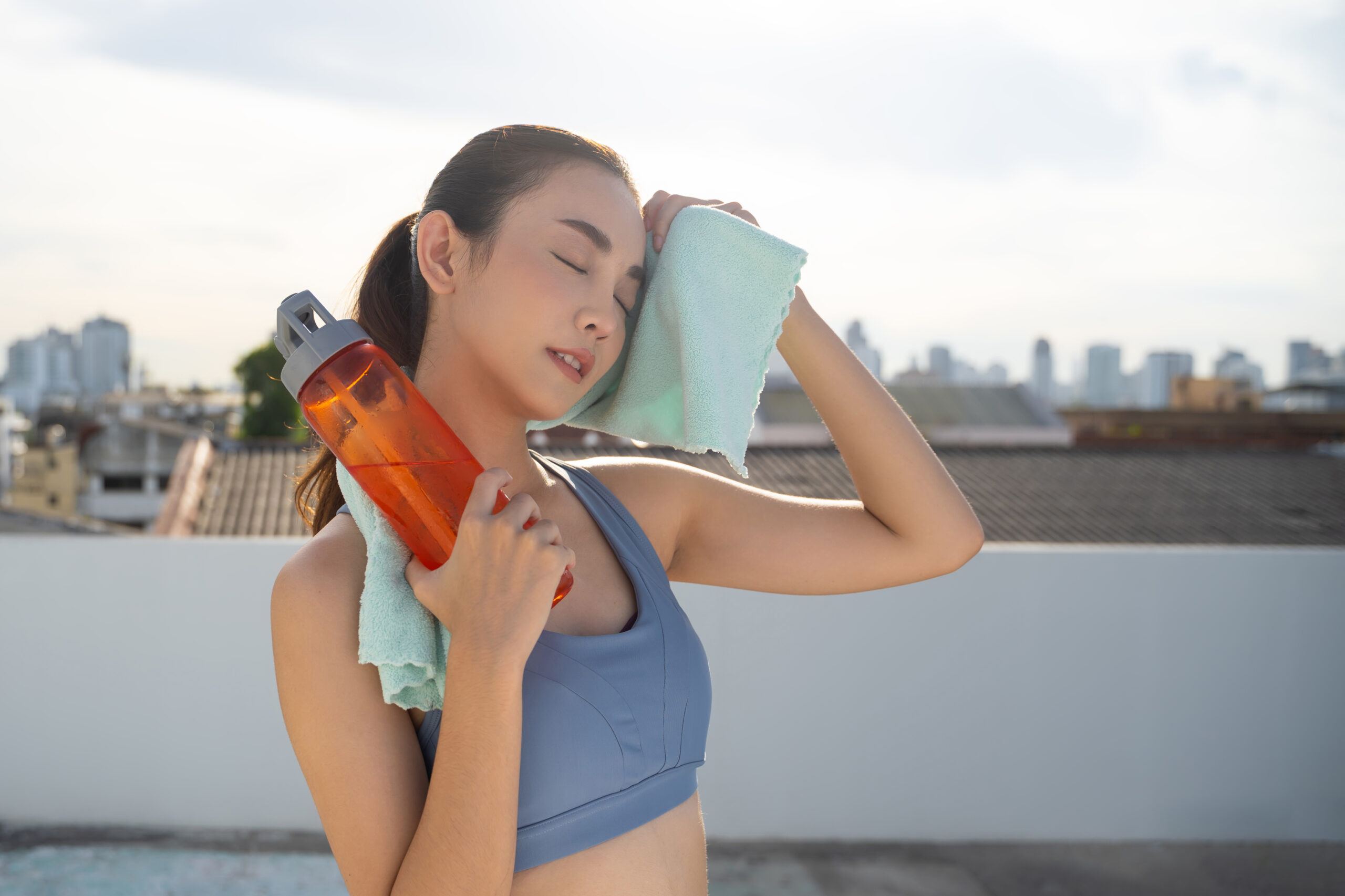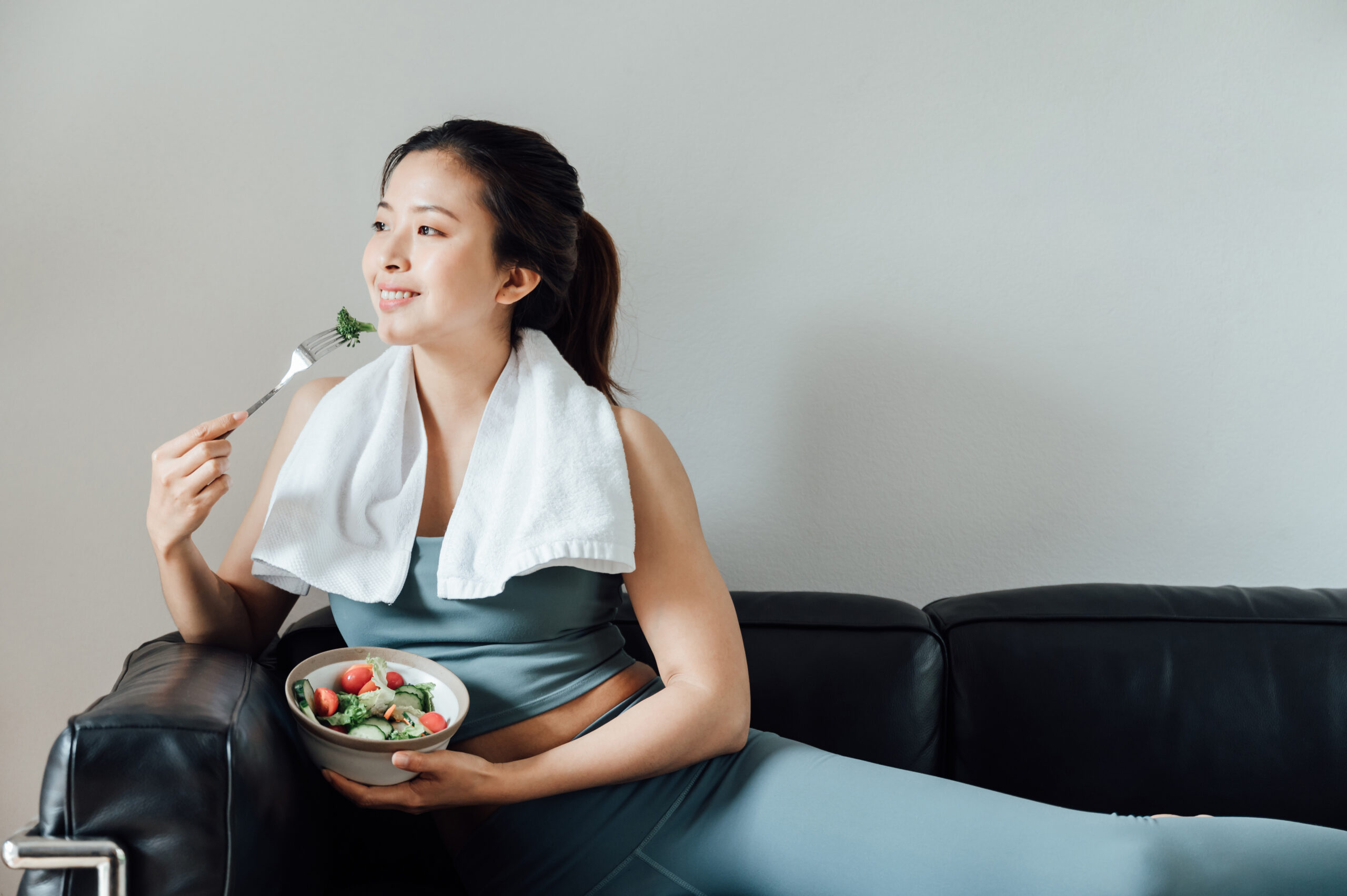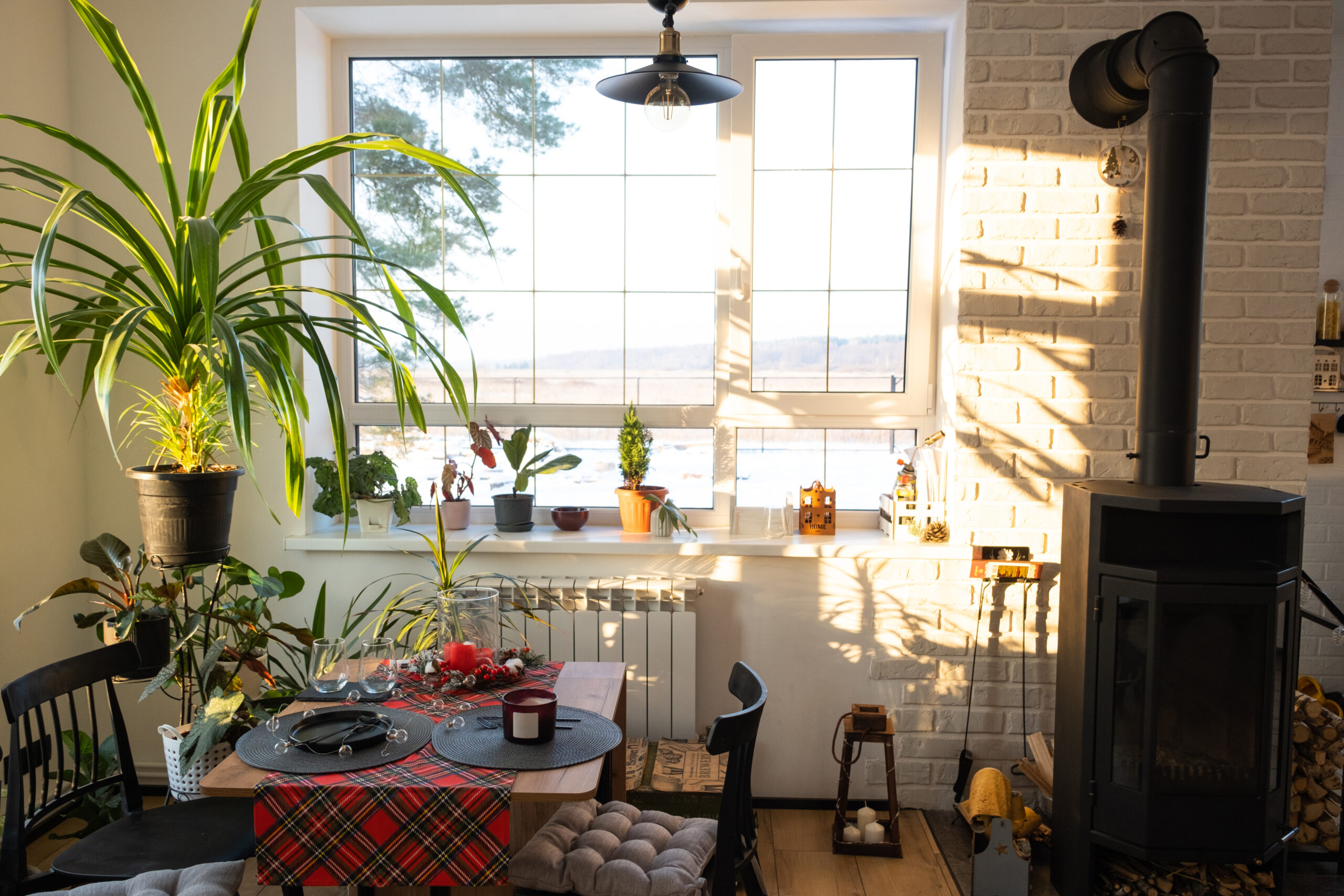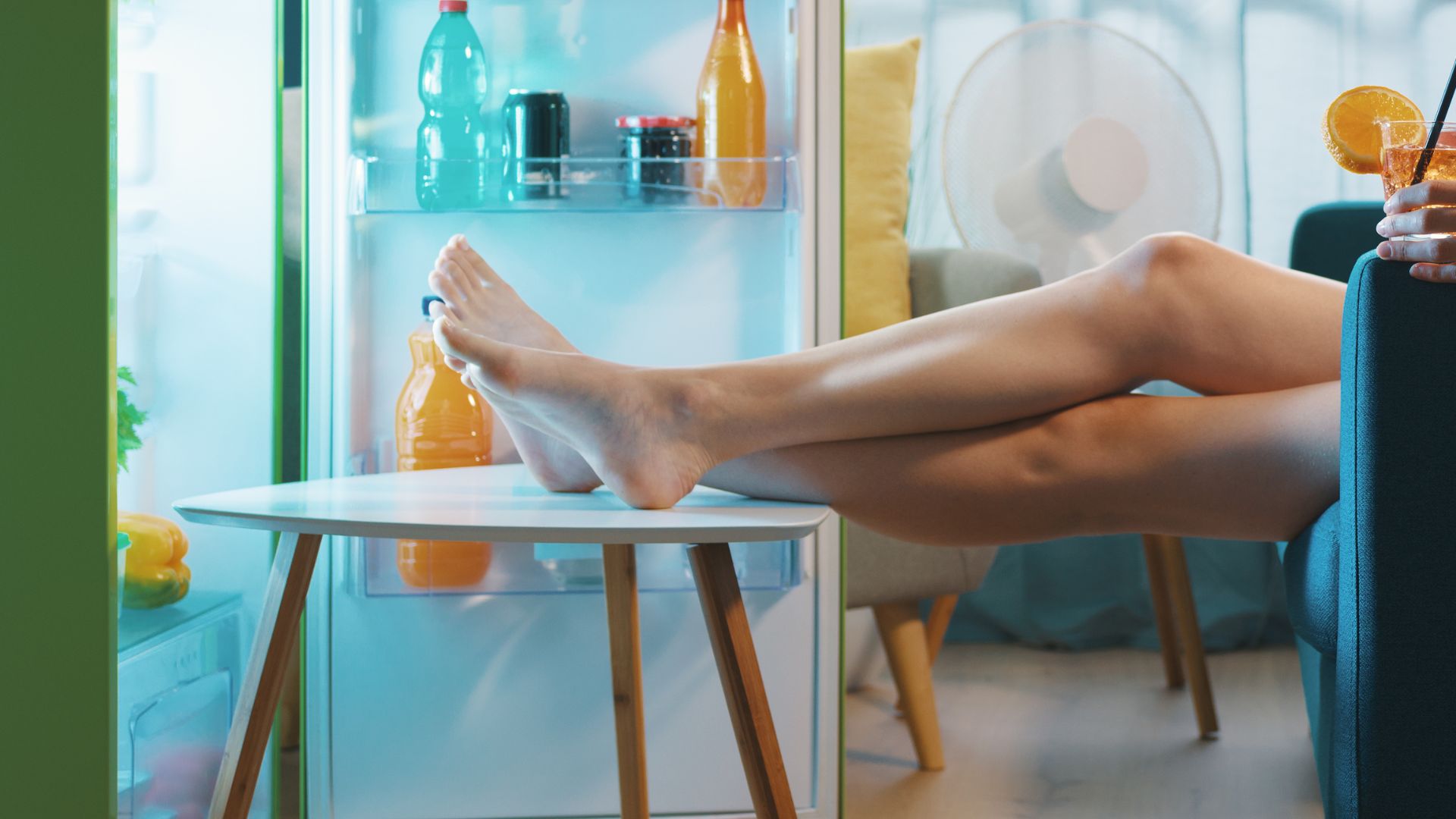Have you ever felt like you’re experiencing a heatwave?
In recent days, temperatures have been steadily rising in the Philippines ever since PAGASA officially declared the start of the summer season. While it may feel like a heatwave, it’s important to note that heatwaves are extreme weather phenomena that are becoming increasingly frequent due to climate change. However, according to weather experts, the likelihood of the Philippines experiencing a heatwave is considered ‘slim.’
We are all aware that extreme heat poses risks, especially for vulnerable groups such as the elderly, infants, children, pregnant women, and individuals with chronic health issues. Those residing in urban settings and occupying upper floors of buildings are even more at risk.
Learn how to prepare yourself for the extreme heat in the Philippines. Discover methods to stay cool, acquire basic first aid knowledge, and ensure readiness for rising temperatures.
1. Practice sun safety
Avoid being outdoors during the hottest times of the day, but if you must go out, follow these tips:
- Apply sunscreen regularly and wear protective clothing.
- Wear light-colored, loose-fitting clothes to stay cool.
- Wear a hat to shield your head from direct sunlight.
- Take breaks indoors or in shaded areas to prevent heat exhaustion or heatstroke.
2. Keep your skin moist
Heat escapes through the skin, so keeping your skin cool can help regulate your body temperature. Here are some ways to cool your skin:
- Dampen a t-shirt and wear it to stay cool.
- Use a cooling spray to refresh your skin.
- Take a cool shower to lower your body temperature gradually.
- Submerge your hands and feet in cold water for a quick cooling effect, as these areas have many blood vessels close to the skin, allowing for faster cooling.
3. Stay hydrated

In hot weather, it’s crucial to stay hydrated by drinking plenty of water. Avoid caffeine and opt for isotonic sports drinks if possible, as they help replenish lost salts, sugars, and fluids.
Contrary to popular belief, both cold and hot drinks can regulate your core temperature equally effectively. Drinking hot beverages won’t cool you down better than cold ones. It’s advisable to steer clear of caffeinated drinks like tea and coffee in hot weather and stick to water instead.
As you perspire throughout the day, it’s essential to replace the fluids you lose to prevent dehydration. Symptoms of dehydration include a dry mouth, dizziness or confusion, and headaches. Untreated dehydration can progress to heat exhaustion, so it’s crucial to seek emergency help by calling the closest clinic in your area if symptoms worsen.
4. Moderate alcohol consumption
While the sun may lift spirits, indulging in too many drinks can have adverse effects, especially in hot weather. Alcohol contributes to dehydration, which can exacerbate the body’s struggle to stay cool during summer. Additionally, alcohol consumption can disrupt sleep patterns, leading to poor-quality sleep and early awakening—conditions that are already challenging in warmer temperatures.
Opt for moderation when drinking alcohol and explore additional tips on how to ensure restful sleep during a heatwave.
5. Adjust your diet for comfort

During hot weather, opt for light, well-balanced meals to help regulate your body temperature. Foods with high water content, such as watermelon, pineapple, apple, cucumber, lettuce and celery, aid hydration and promote a cooling effect in the summer heat.
Consider incorporating soups and stews into your meals, as they contribute to your fluid intake and hydration levels, enhancing your overall comfort during warmer weather.
6. Schedule physical activity wisely
While maintaining your routine is essential, adjust your physical activity to cooler times of the day during hot weather. Exercising in the midday sun can lead to dehydration, heat exhaustion, or heatstroke.
Plan outdoor activities for early mornings or evenings when temperatures are lower. If you engage in physical exercise, ensure you stay hydrated by drinking plenty of water and taking frequent breaks to prevent overexertion.
After physical activity, cool down with a refreshing shower and follow additional tips for staying cool throughout the day.
7. Recognize the health risks
Extreme heat poses serious health risks, necessitating vigilance during heatwaves. Heat exhaustion and heatstroke are potential consequences, with heatstroke being particularly severe.
Heat exhaustion results from excessive loss of water, salt, and sugars through sweating and can be managed by rehydration and staying out of direct sunlight.
Heatstroke occurs when the body’s temperature becomes dangerously high, leading to confusion, headaches, nausea, and muscle cramps. Paler-than-usual skin tone may indicate heatstroke, with symptoms escalating rapidly.
Immediate cooling measures are crucial for individuals experiencing heatstroke, including wet clothing wraps and prompt medical attention via emergency services. Babies and children are especially vulnerable to heat-related illnesses, emphasizing the importance of staying informed and implementing appropriate cooling measures.
8. Create a cool sanctuary at home

As temperatures rise, it’s crucial to transform your home into a cool retreat to escape the heat. Maintaining a comfortable indoor environment becomes especially challenging during heatwaves, requiring more than simply opening windows.
Prioritize cooling your home, particularly at night, to ensure restful sleep. High-rise buildings and urban areas may face additional challenges in retaining cool indoor temperatures. Implement strategies to keep your home cool and optimize sleep quality during heatwaves.








